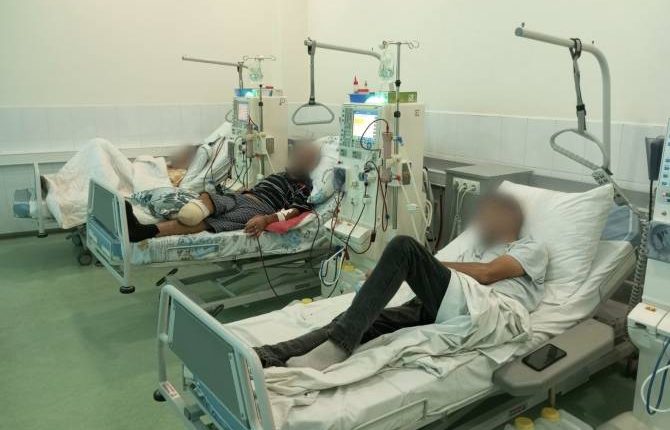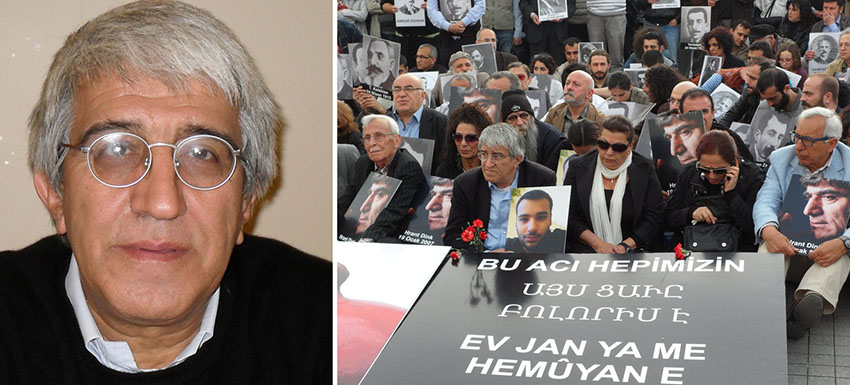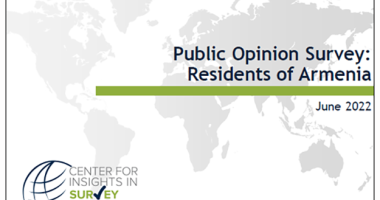STEPANAKERT (Armenpress) — An acute shortage of medications and medical supplies has been steadily worsening since Azerbaijan imposed a comprehensive blockade on Nagorno-Karabakh (Artsakh). To transport patients receiving hemodialysis to specialized medical facilities in Armenia, the Ministry of Healthcare of the Republic of Artsakh has reached out to the International Committee of the Red Cross. If action is not taken, patients will succumb to the lack of essential care and medication within a week, warned the Ministry in a press release.
Within the Republican Medical Center, a total of 41 patients are undergoing continuous hemodialysis treatment. In recent days, the ICRC office of the Republic of Armenia successfully evacuated 19 of them, with an additional 10 scheduled for evacuation tomorrow. Regrettably, twelve patients have declined the transportation opportunity.
“In approximately two weeks, the medical supplies required for hemodialysis will be depleted, forcing us to consider patient evacuations. Without hemodialysis, the nitrogen levels in patients’ bodies will sharply rise, resulting in their demise within a week. Those afflicted with end-stage acute and chronic kidney failure face dire consequences due to the blockade’s impact, as they are unable to adhere to a specialized diet, thereby exacerbating the risks to their lives and well-being,” stated anesthesiologist-reanimatologist K. Avagimyan.
“I am confined to my bed and reliant on a caregiver at home. I have a strong will to live; individuals like me equally deserve a chance at life. I implore the global community to assist the people of Artsakh and all those who are gravely ill to survive. Given my condition, I cannot travel to Yerevan for treatment. My wish is to pass away here in Artsakh, bound to my wheelchair, and to be laid to rest in my local cemetery,” expressed 64-year-old Vera Hovsepyan, who lost her eyesight due to diabetes, has limited mobility, and has been undergoing hemodialysis for the past five years.
In situations where kidney function becomes perilously compromised, medical intervention in the form of dialysis or kidney transplantation becomes necessary. Dialysis is a procedure that eliminates waste products and excess fluids from the bloodstream when the kidneys fail to function properly. This method is crucial during the final stages of severe kidney failure, when the kidneys are no longer able to perform adequately.
For a significant duration, Azerbaijan has obstructed the transportation of essential medicines and medical supplies to Artsakh, even those transported by Red Cross vehicles. This obstruction has resulted in a progressively deepening deficit of life-saving and crucial medications and supplies, contributing to fatalities and deteriorating health conditions.










